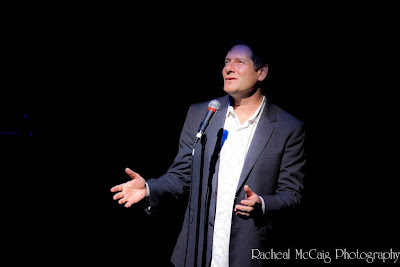Who we are as people is revealed when we open our mouths to sing.
Our truth is apparent. If we are fearful and hiding behind a mask that is clear to an audience (consciously or unconsciously), and they respond accordingly.
A voice carries a person's true self to the listener. Think of your favorite artists. Theres a pretty good chance you feel a personal connection to them and have a sense of who they really are.
As artists are we increasing our comfort level at being our true selves?
Courage is A Muscle.
It takes courage to be ourselves in the world let alone on stage.
It takes courage to write a song and present to an audience, to step into a studio and create a recording. The courage to "be" who we are at our core and not just who we would like the audience to think we are.
The more we practice using this muscle the easier it gets to allow the vulnerable imperfect self to simply "be" present without artifice.
Courage must become a Habit.
We are creatures of habit. If our habit in life is to play a role for approval that will surface on stage and our true self will remain hidden. That fake "performer personality" will be all the audience gets to know of us. They may be entertained in the moment but will they be fed? Sustained? Loved? Given any real truth about life?
Making a New Habit
Being honest in daily life is where we start. Think of all your relationships, especially the intimate ones. Are you pretending or manipulating the truth in order to be loved?
Revealing ourselves without fear of judgement is easier said than done. It's a life times work for some of us (myself included).
Creating an inner sense of self assured peace is the starting place for a singer. Our fears will still be there but our courage must be large enough to overcome our insecurities…and allow us to "be" who we really are.
Our truth is what powerful artists carry into the room and onto the stage.




